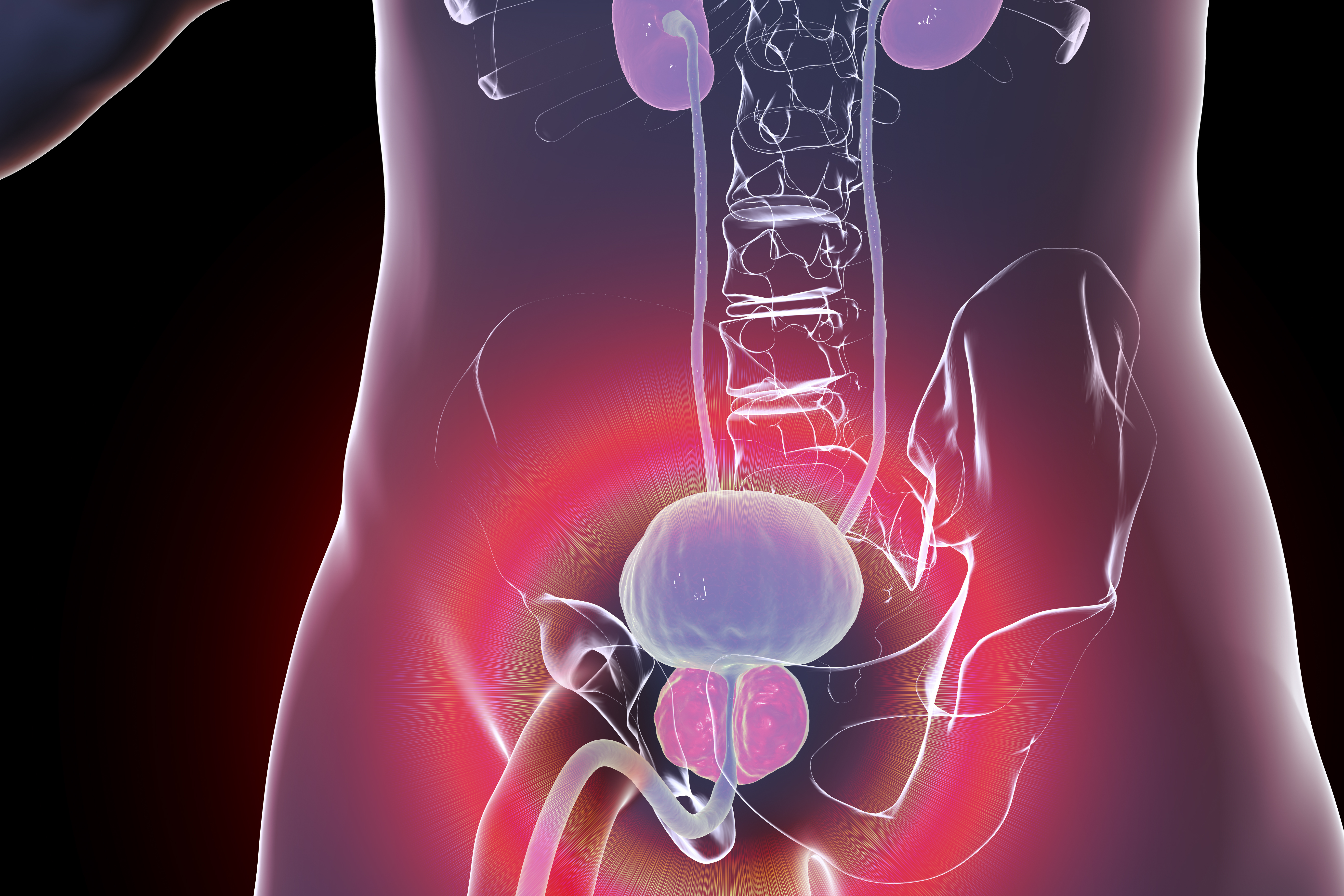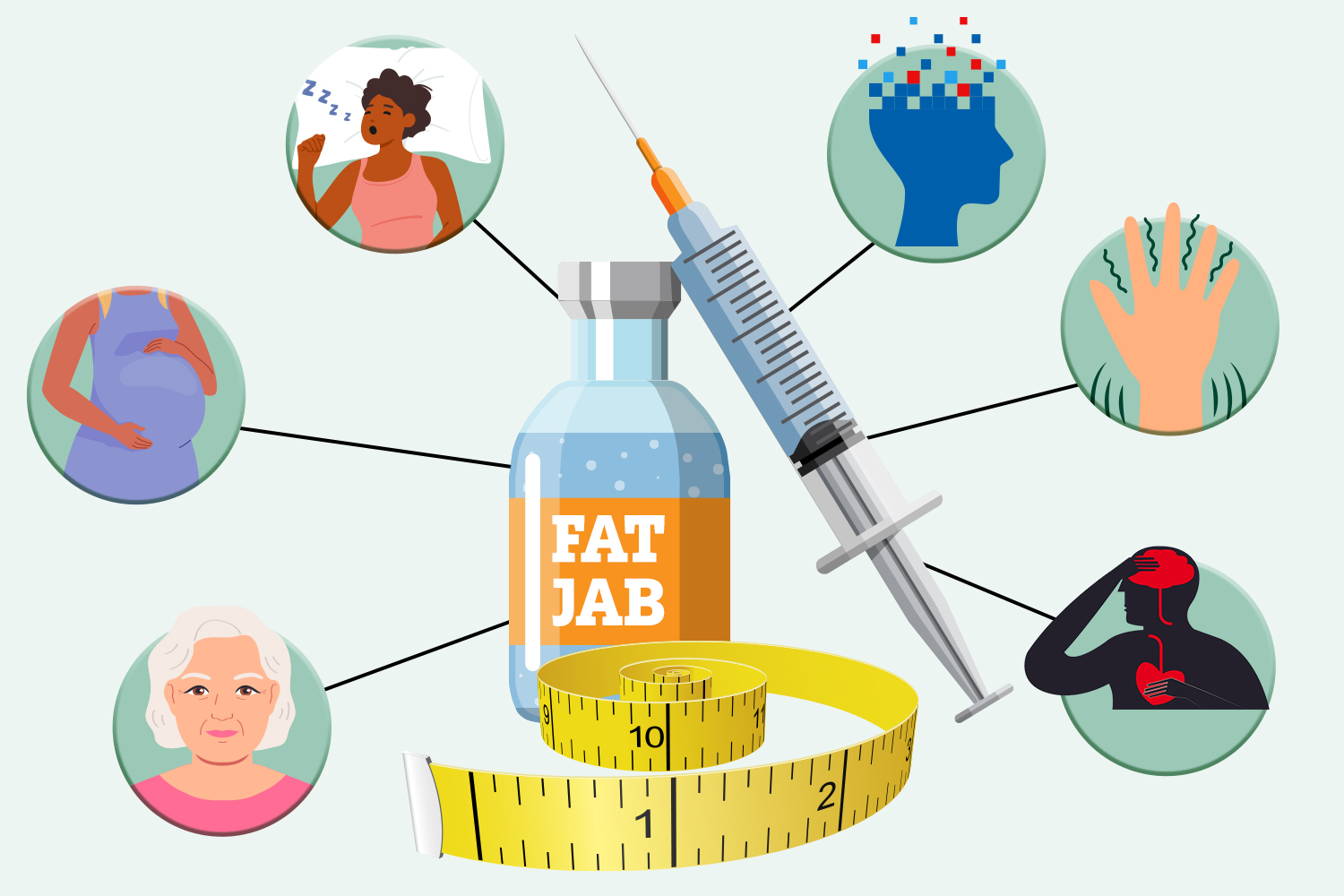
A CHEAP supplement could slow the process of ageing in our body, scientists say.
Brits are advised to take vitamin D during the autumn and winter months - between October and early March - when sunlight is too weak for your body to make the vitamin out of it.
Vitamin D helps regulate the amount of calcium and phosphate in the body - nutrients that are needed to keep bones, teeth and muscles healthy.
Now scientists suggest this common supplement may be able to slow down our body's ageing process - though they do note that further studies are needed to confirm this.
And it could help to prevent cancer and type-2 diabetes, researchers suggest.
The group of Italian scientists - lead by Carmelinda Ruggiero from the Division Gerontology and Geriatrics at the University of Perugia - conducted a wide ranging-review on the benefits of taking vitamin D supplements and how it might affect hallmarks of ageing in the body.
Read more on supplements
"Ageing is a complex and multi-factorial process, marked by the progressive decline in organ functions, leading to frailty and increased susceptibility to age-related diseases," researchers wrote in the study published in the journal Nutrients.
Age-related hallmarks include shifts in the body such as chronic inflammation, imbalance of bacteria in the gut (dysbiosis) and cellular senescence - where cells stop multiplying but don't die off when they should.
Genomic instability is another hallmark. This is an increased tendency towards DNA mutations occurring during cell division - and can be present in many types of cancer.
"Hallmarks of ageing are a set of interconnected biological mechanisms that, individually or synergistically, contribute to molecular and cellular damage, potentially initiating and accelerating the onset of age-related diseases," researchers added.
Most read in Health
Reviewing a number of clinical studies, the Italian research team suggested that vitamin D could have a positive effect on a number of these age-related signs.
The supplement shows potential in regulating DNA stability and integrity, particularly in conditions like type 2 diabetes and cancer, researchers wrote.
Studies they reviewed also suggested that vitamin D supplementation may reduce DNA damage and oxidative stress, potentially offering protective effects against genomic instability and oncogene-induced senescence.
"Vitamin D appears to regulate and influence several hallmarks of ageing through genomic and non-genomic pathways," researchers said.
"Based on the available clinical studies, we can conclude that vitamin D may contribute to genomic stability," they went on.
Trials with with the supplement also showed improved immunity in older adults, while further studies seemed to show that vitamin D can regulate protein homeostasis, which impacts longevity and muscle health.
"Notably, clinical studies support the potential of vitamin D supplementation in hampering dysbiosys, prompting the recovery of gut microbiota health, and providing multiple health benefits."
But they noted: "Despite the interest in vitamin D supplementation as a strategy supporting human longevity and some evidence about its potential in modulating hallmarks of ageing, we are still far from the point of translation from bench to bed.
"Current knowledge does not allow yet to define a potential optimal vitamin D dosage for modulating hallmarks of ageing or the chronological or functional age at which vitamin D supplementation might be useful in modulating ageing biologically related factors.
"We could speculate that early interventions to avoid vitamin D insufficiency might be protective in the long run, but longitudinal studies based on homogenous cohorts and targeted therapy are warranted."
It adds to previous research that has found that vitamin D may influence our biological age.
Scientists from the Charité Universitätsmedizin Berlin studied epigenetic patterns in 1,600 participants - this is the study of how our behaviours and environment can cause changes that affect the way our genes work.
They found that people with low vitamin D in their blood were “biologically older” than people who had adequate levels.
In addition, chromosomes - the structures that organise DNA - appeared younger in people with adequate vitamin D levels (30-100 ng/mL).
These results suggest that vitamin D might help prevent accelerated ageing.
It's also been suggested that taking the supplement daily may help ward off dementia.
Meanwhile, scientists have claimed that the number of cancer deaths in the UK could drop by 15 per cent if everyone took vitamin D supplements.
Data gathered from 500,000 Brits indicated deficiency is linked to an increased mortality risk - particularly in relation to bowel, stomach, prostate, and lung cancers.
How can I boost my vitamin D levels?
You can derive a certain amount of vitamin D from your diet, through foods like:
READ MORE SUN STORIES
- Oily fish – such as salmon, sardines, herring and mackerel
- Red meat
- Liver (avoid liver if you are pregnant)
- Egg yolks
- Fortified foods – such as some fat spreads and breakfast cereals
It's recommended that children aged one and above and adults take a supplement with 10 micrograms of vitamin D a day during autumn and winter.
What are the symptoms of vitamin D deficiency?
MOST people with vitamin D deficiency don’t notice any symptoms.
Others may notice vague symptoms that may be signs of any number of conditions.
Possible symptoms include:
- Muscle pain
- Bone pain
- Increased sensitivity to pain
- A tingly, “pins-and-needles” sensation in the hands or feet
- Muscle weakness in body parts near the trunk of the body, such as the upper arms or thighs
- Waddling while walking, due to muscle weakness in the hips or legs
- A history of broken bones
- Muscle twitches or tremors
- Muscle spasms
- Bowed legs (when the deficiency is severe)
Who is at risk of deficiency?
People who don’t have adequate levels of vitamin D may be deficient for any of these reasons:
- Not enough exposure to sunlight
- Darker skin pigment
- Malnutrition
- Kidney or liver failure, which prevents the body from adequately processing vitamin D
- Certain medications
- Certain types of cancer, such as lymphoma
- A family history of vitamin D deficiency or childhood rickets
Source: Yale Medicine










